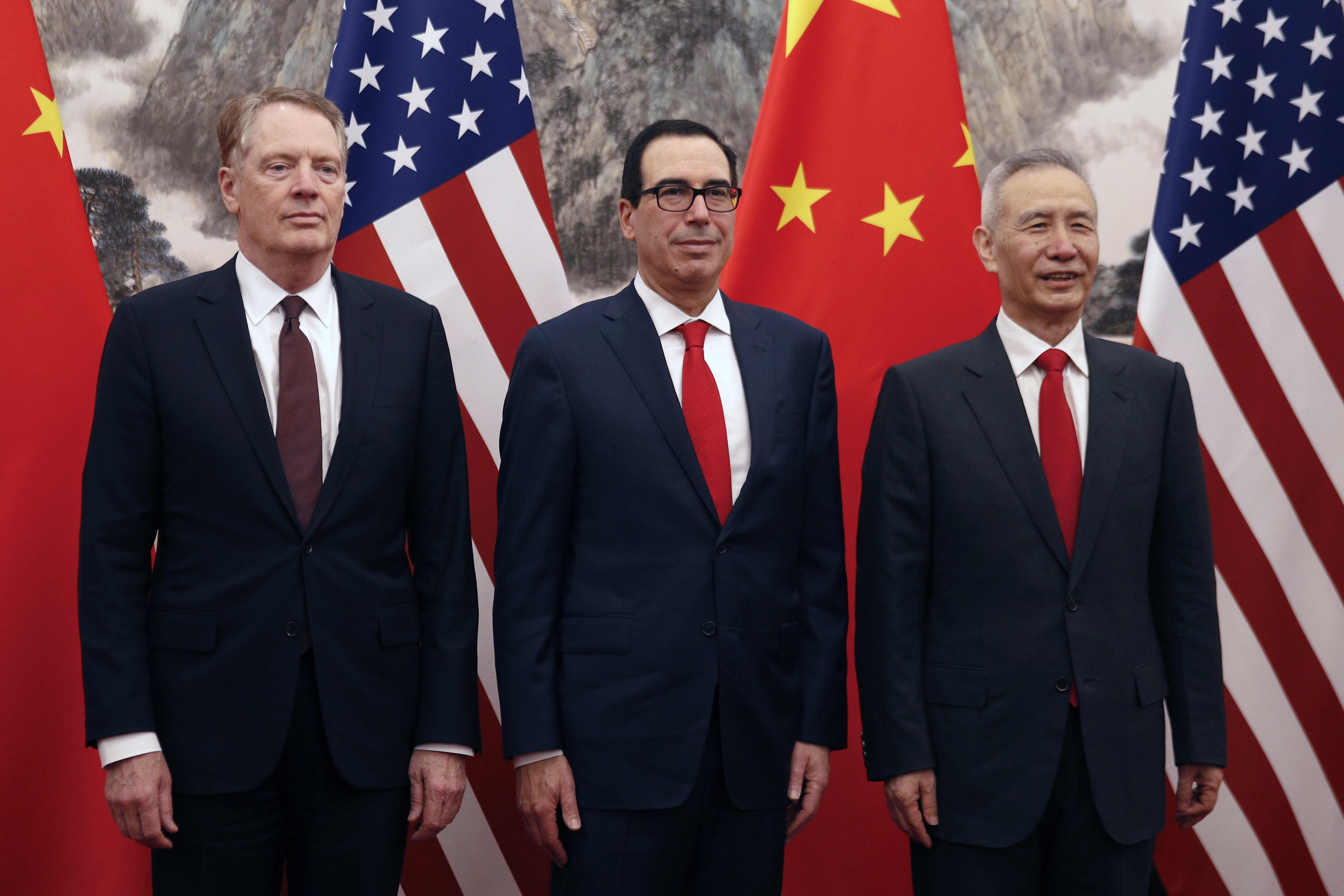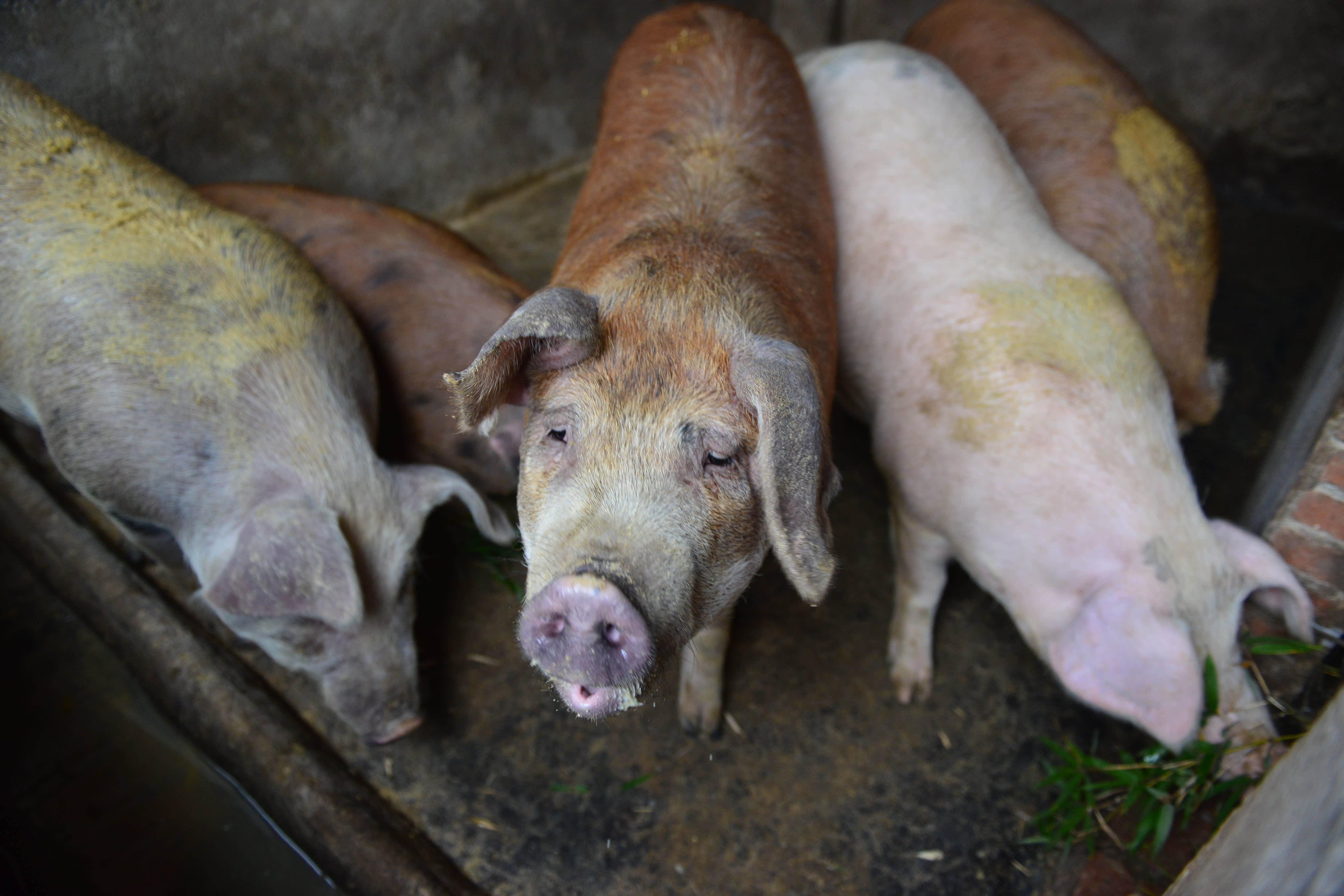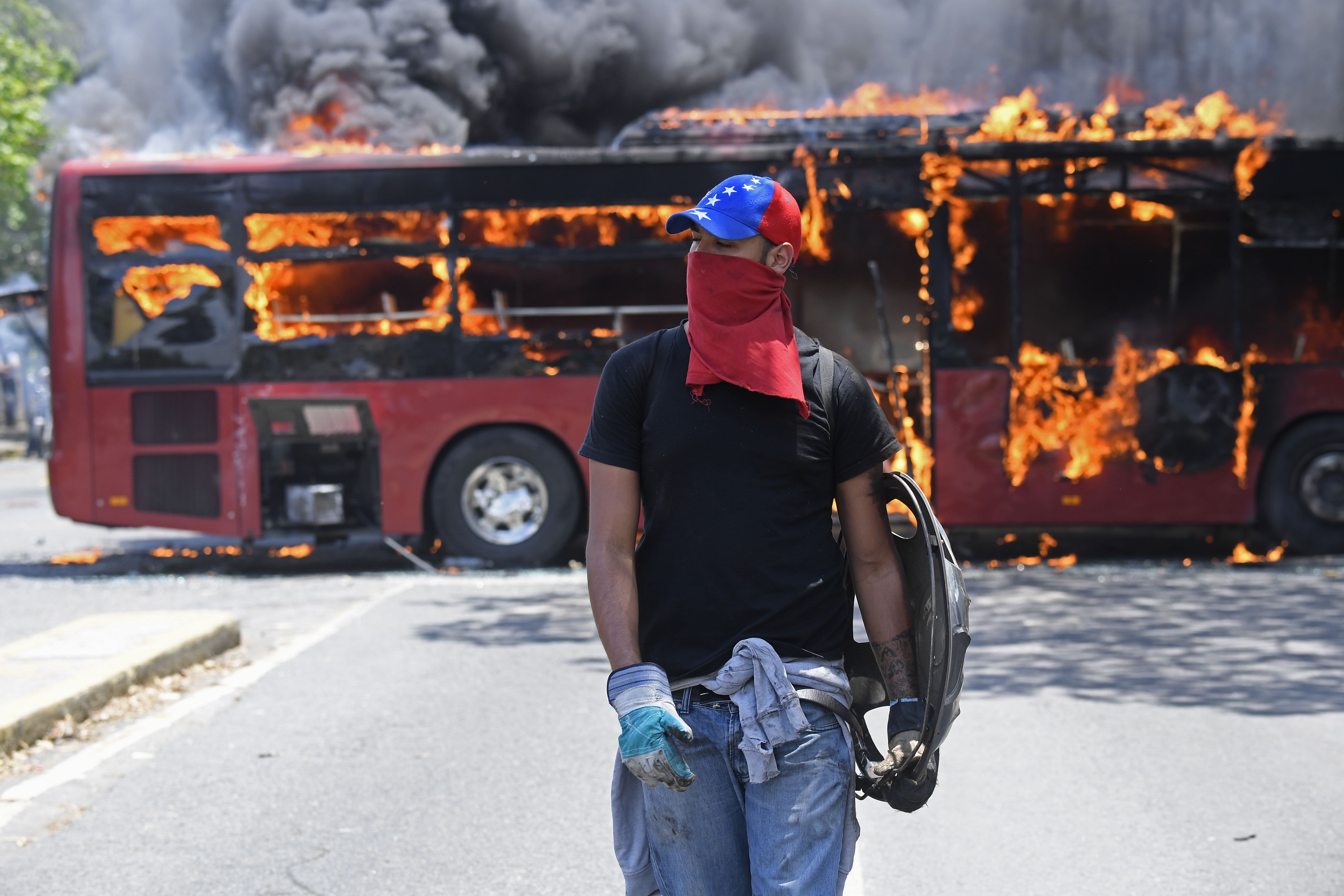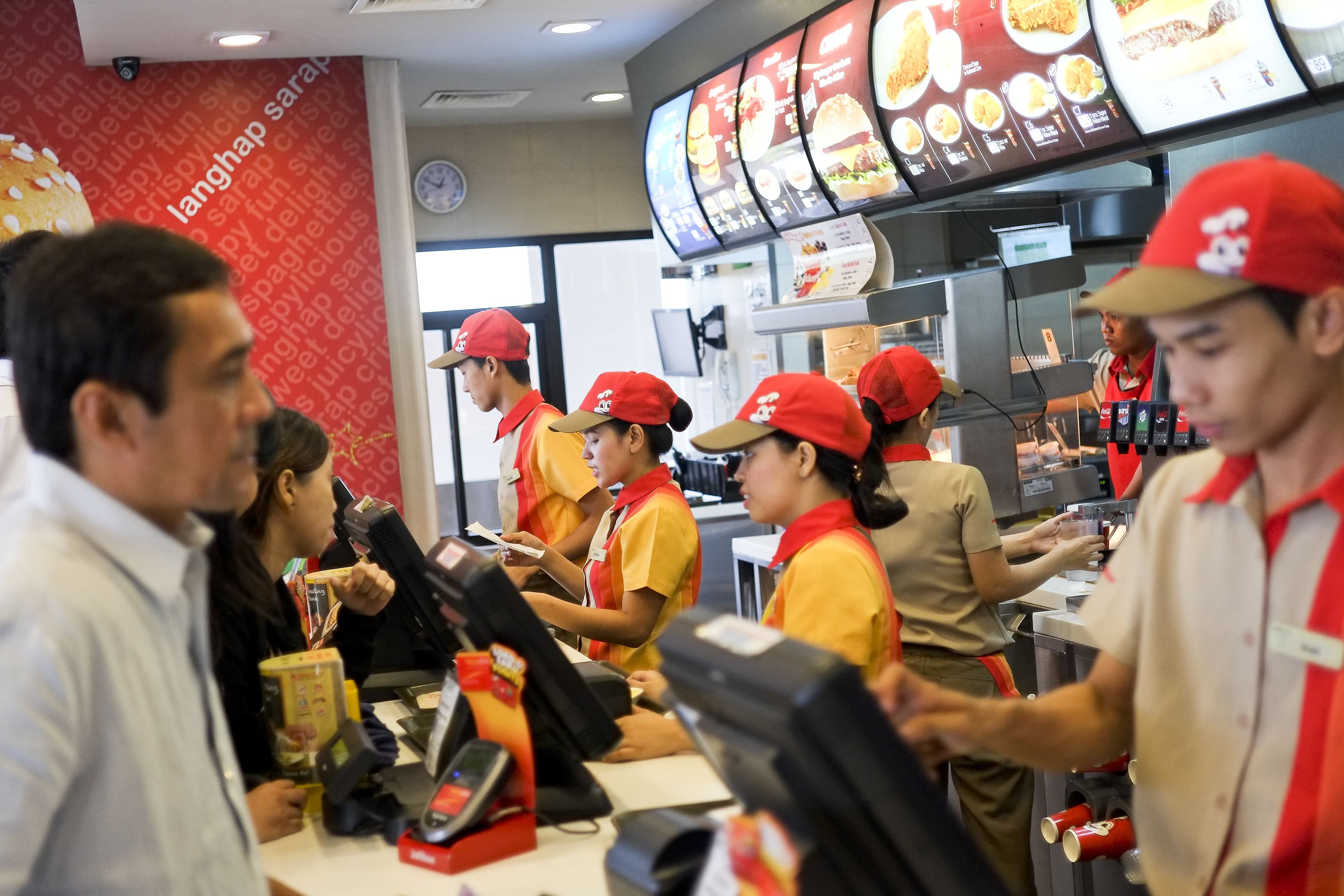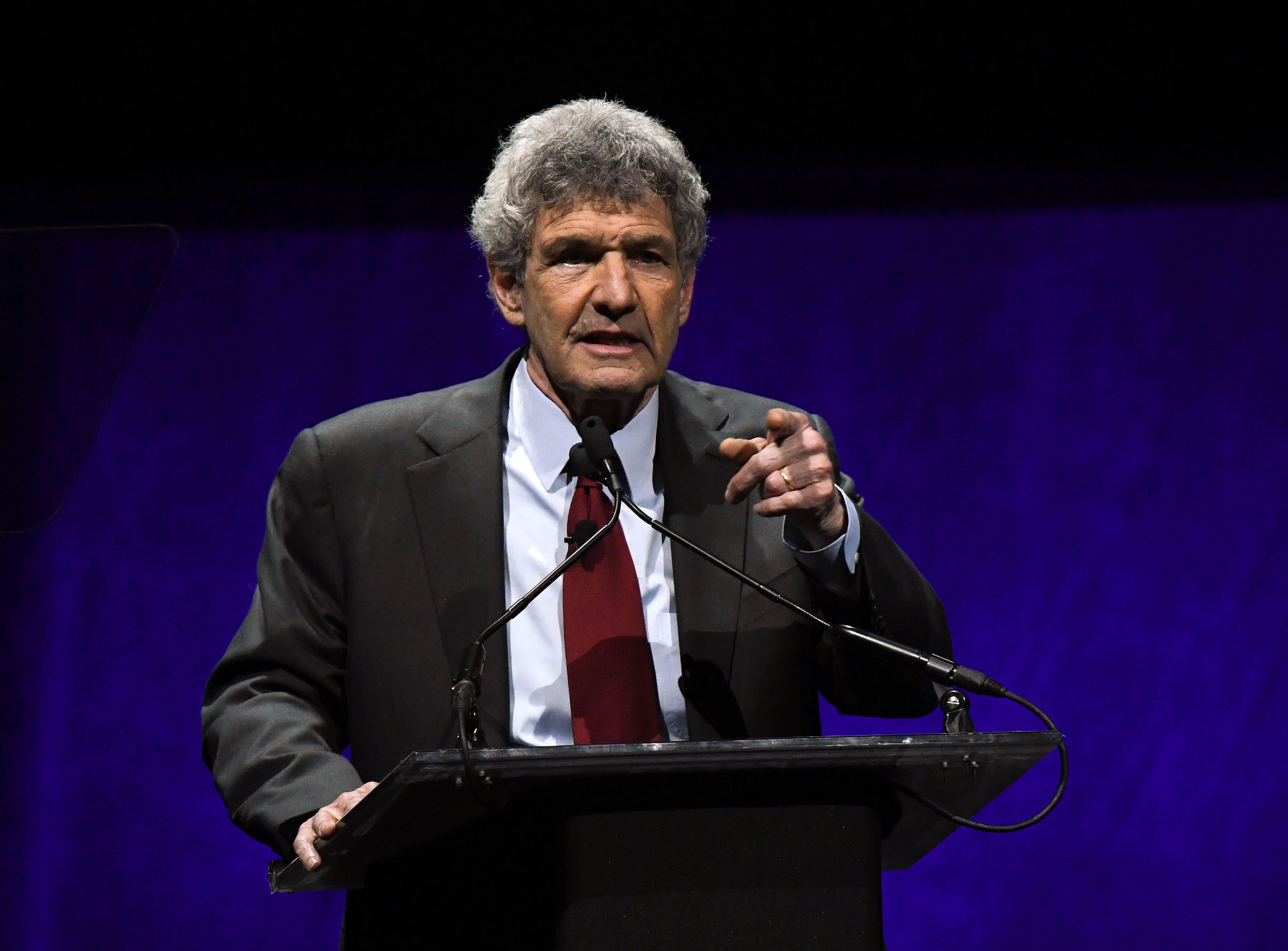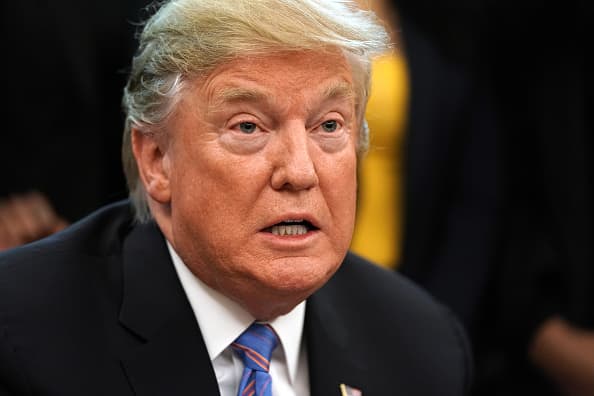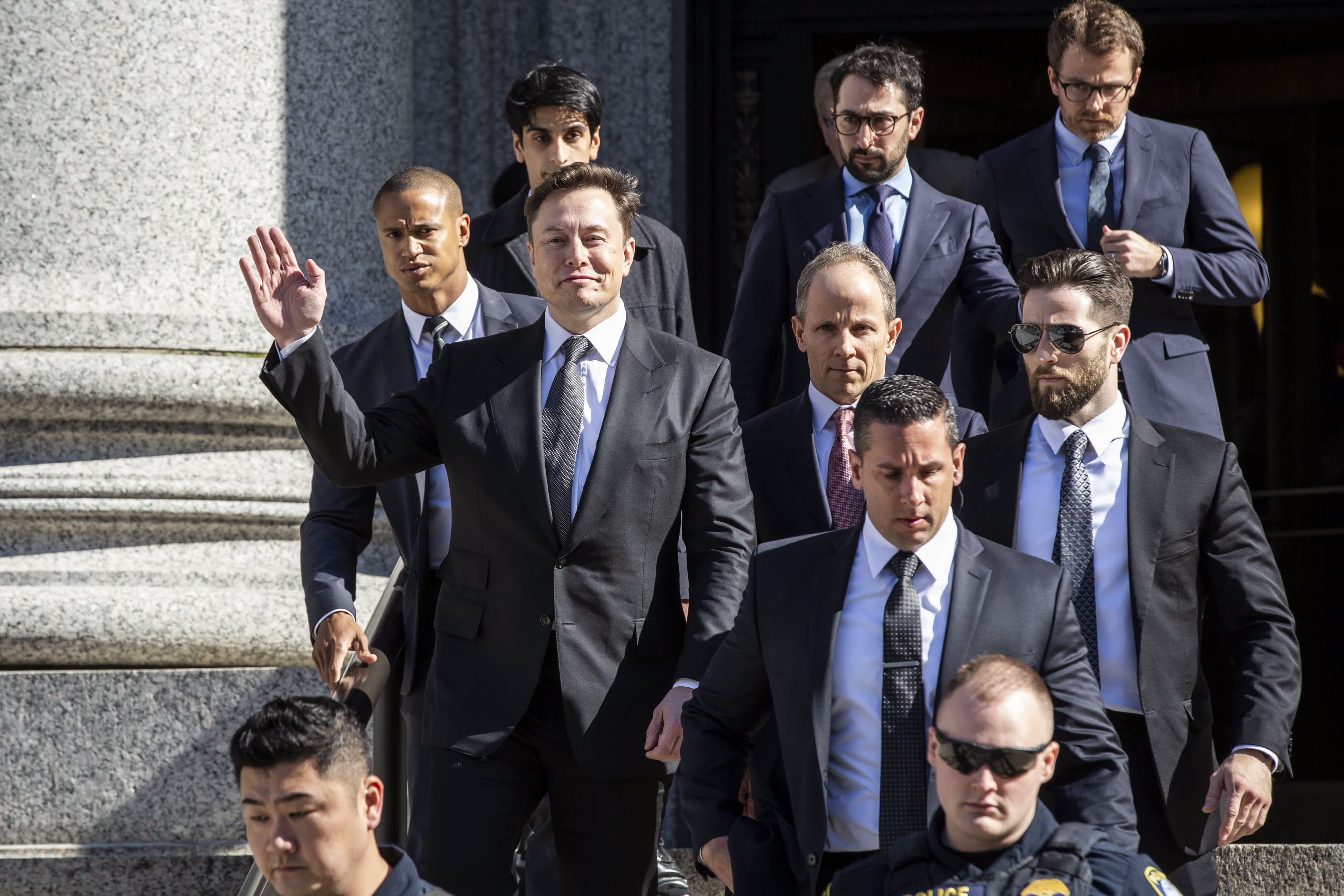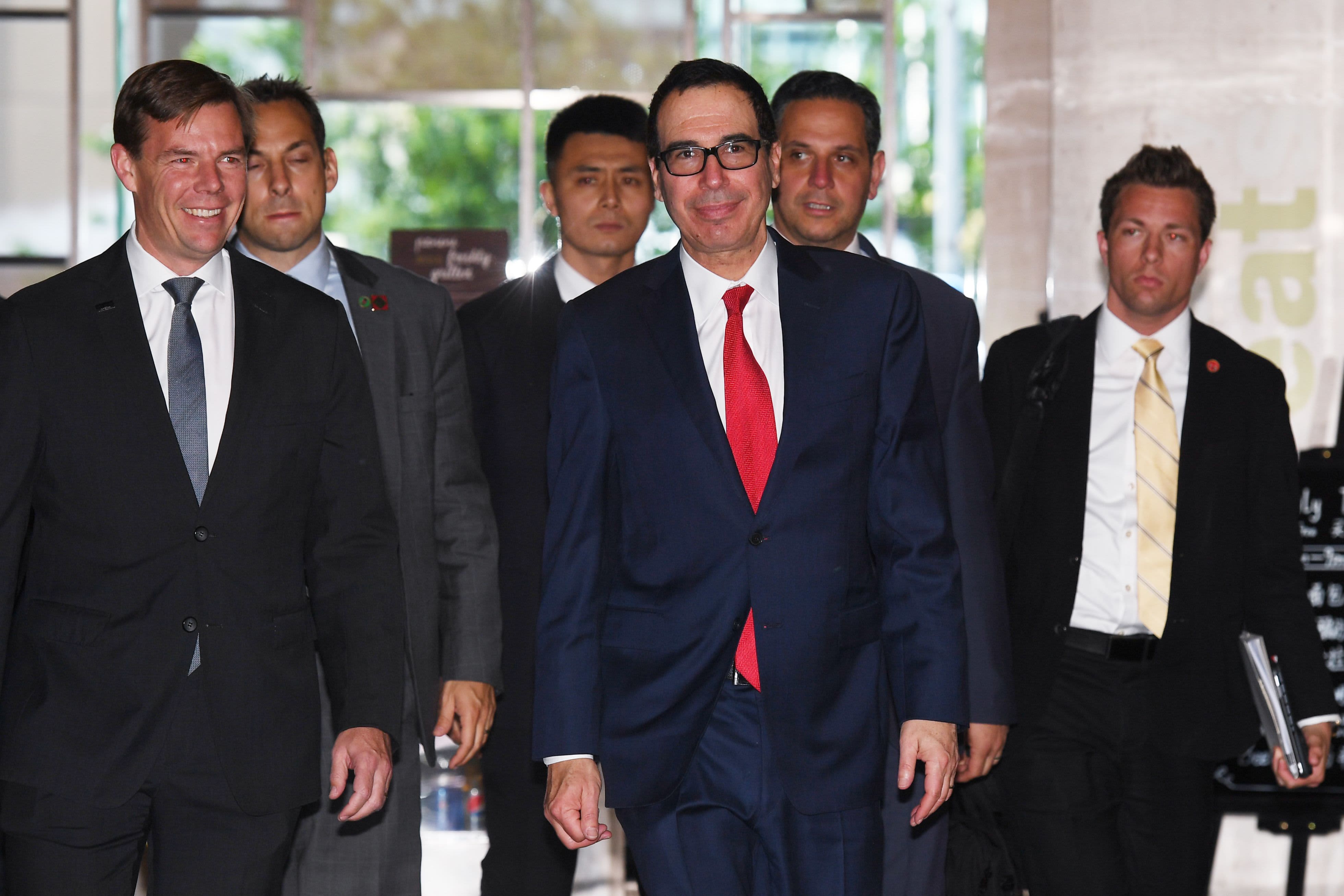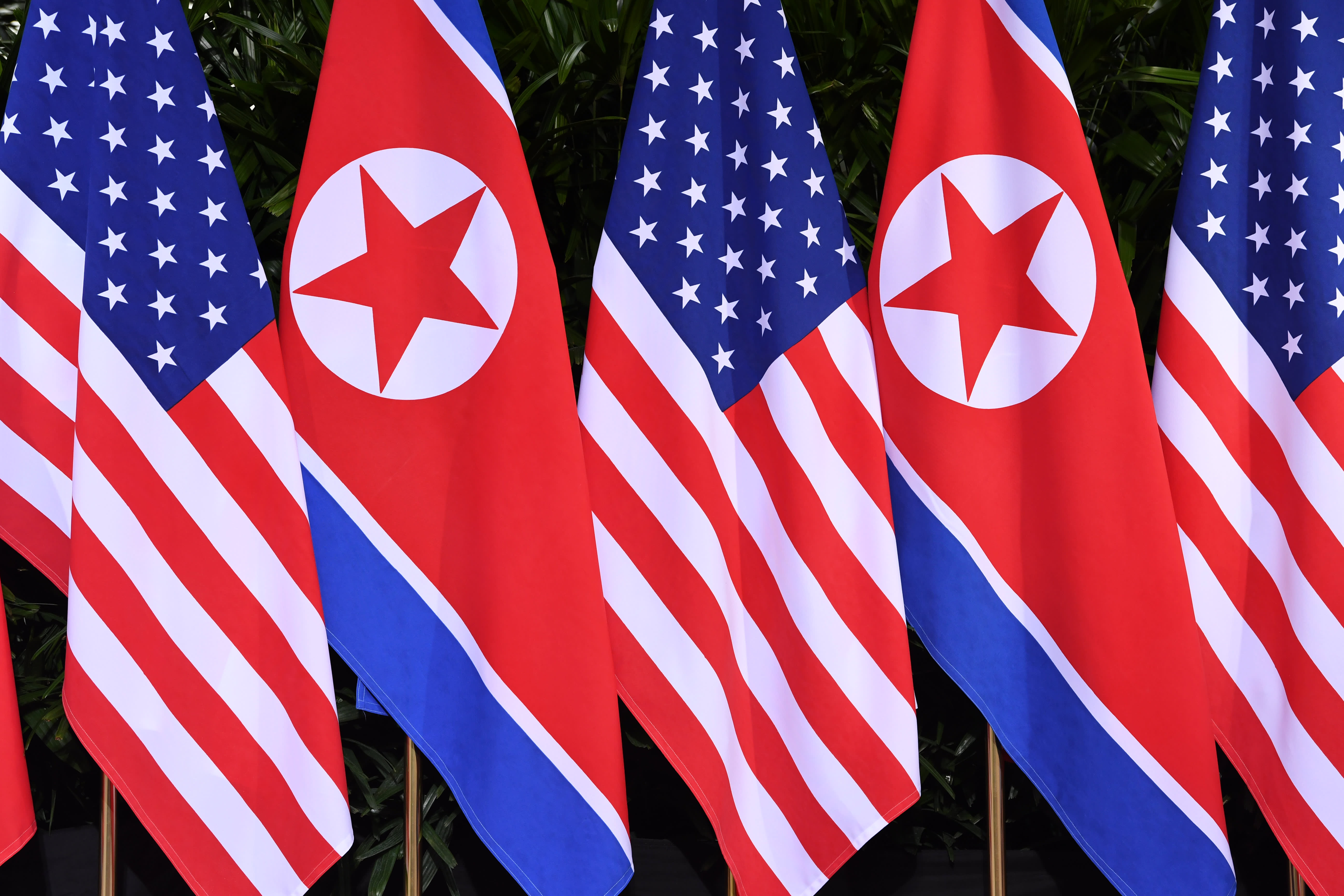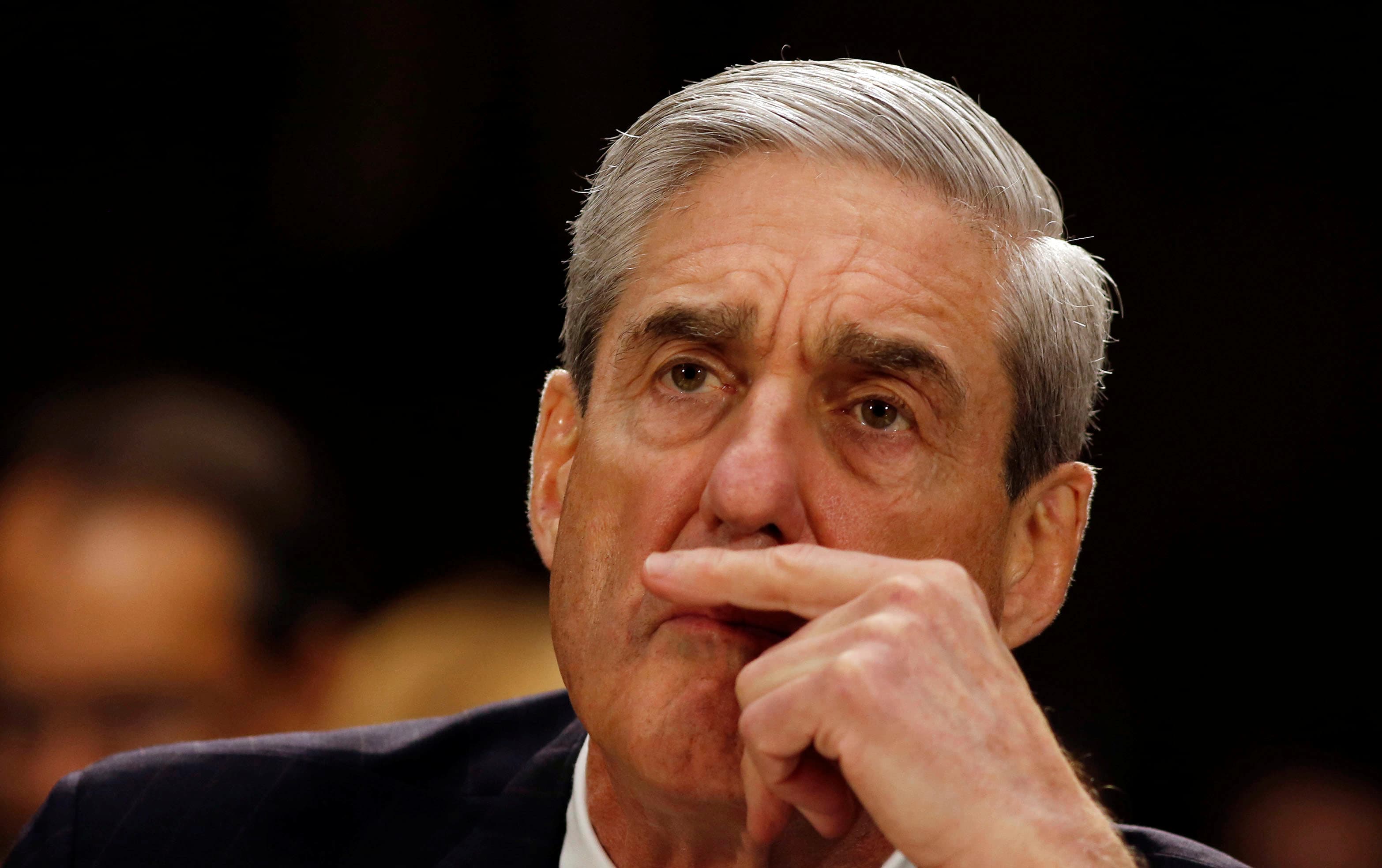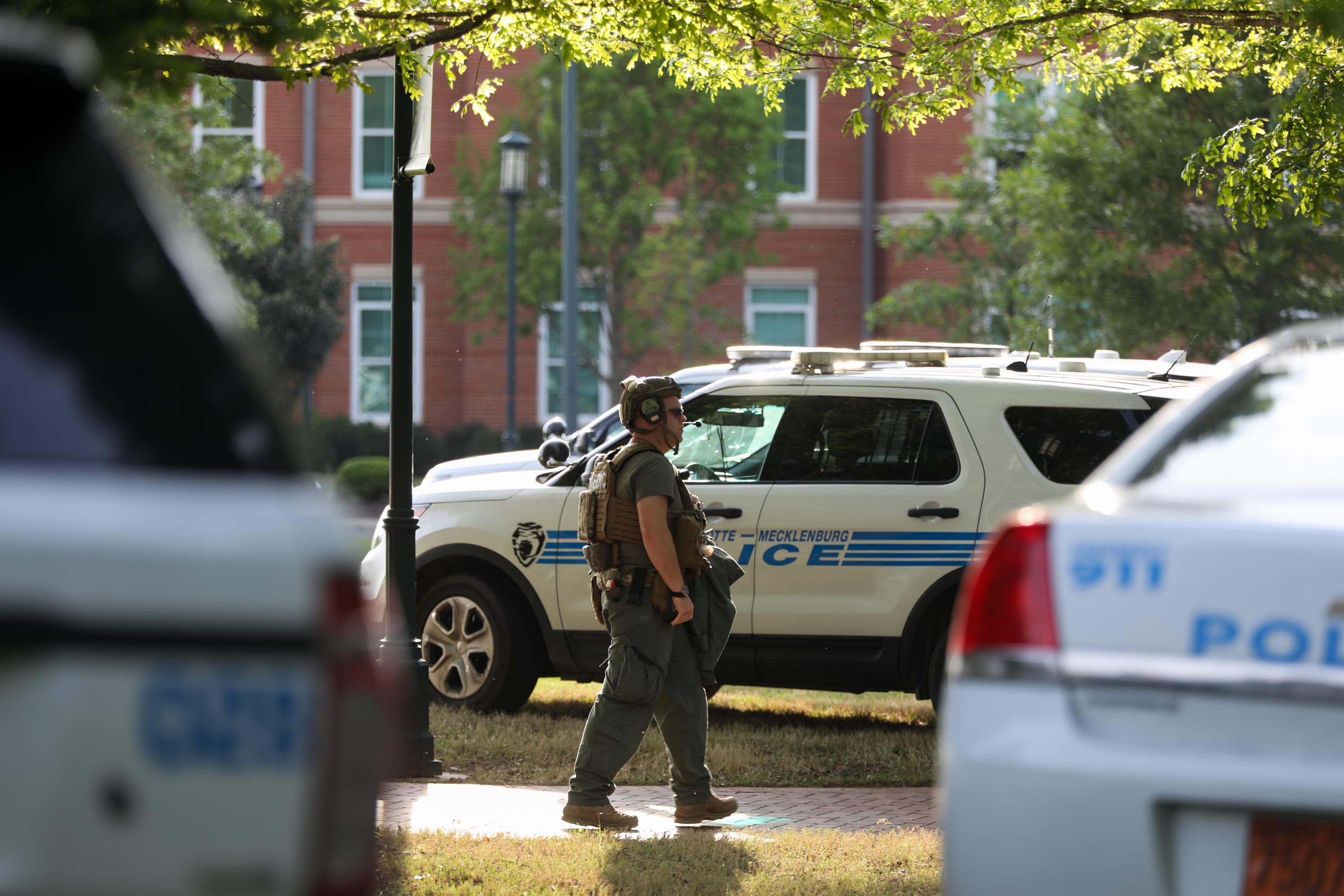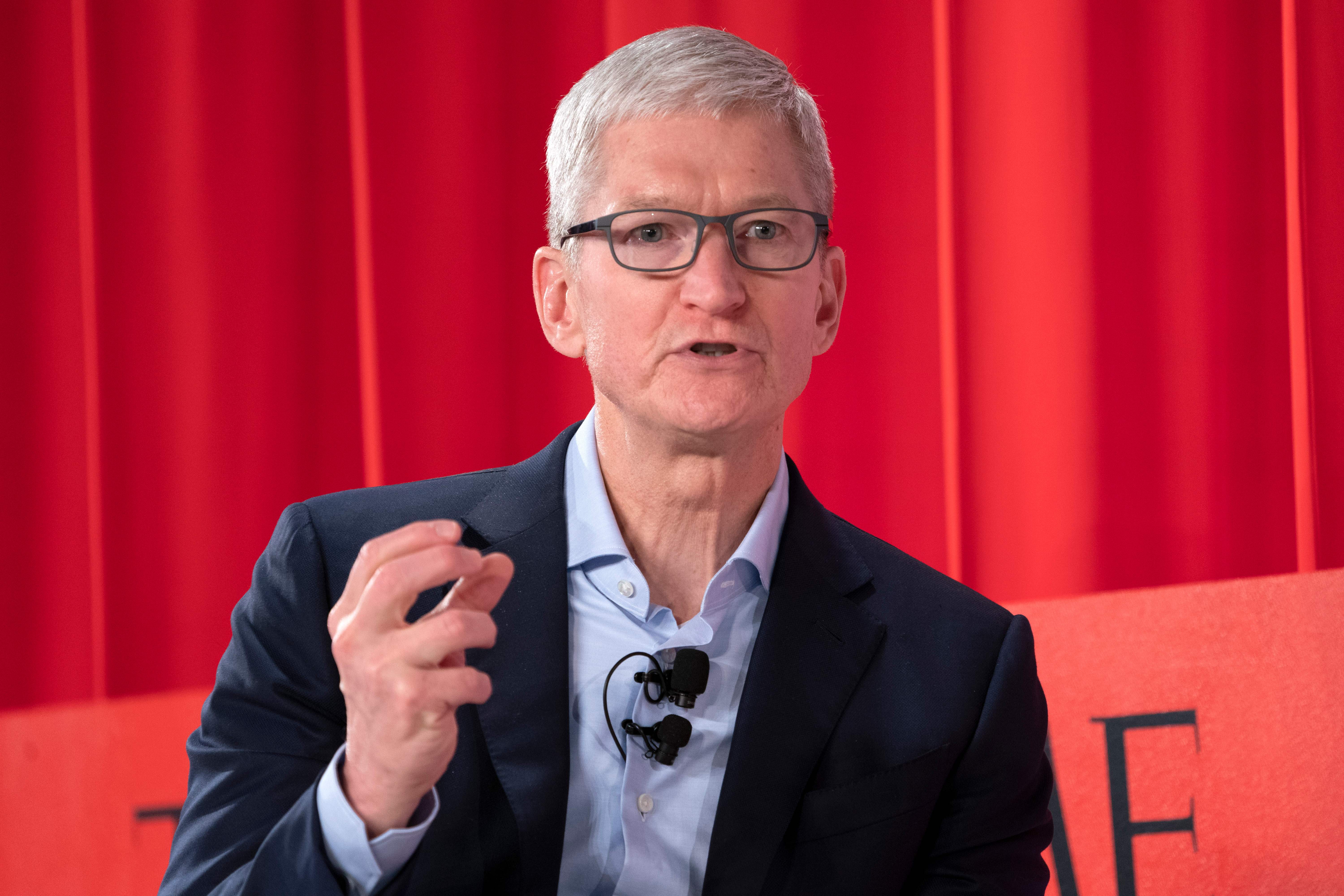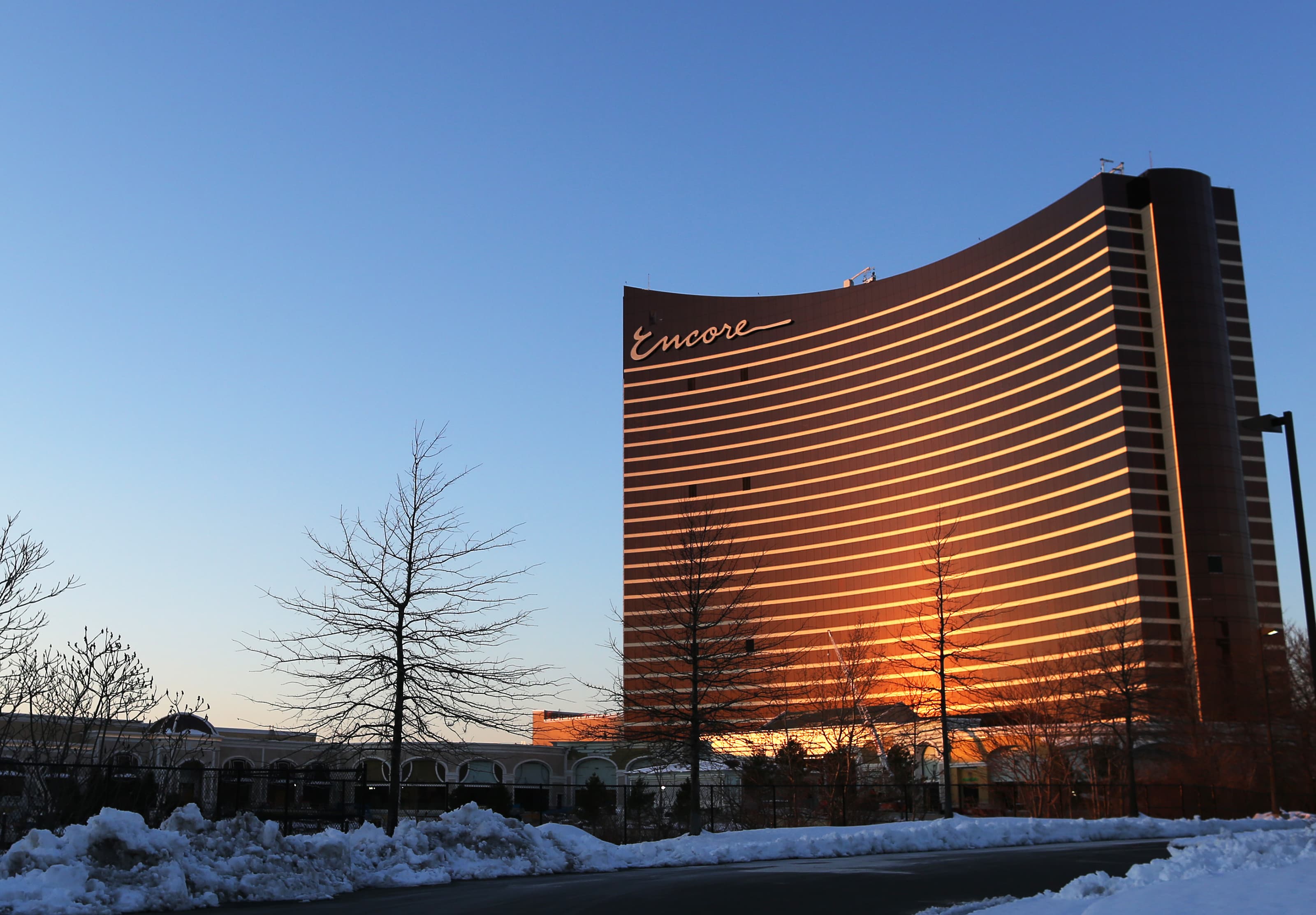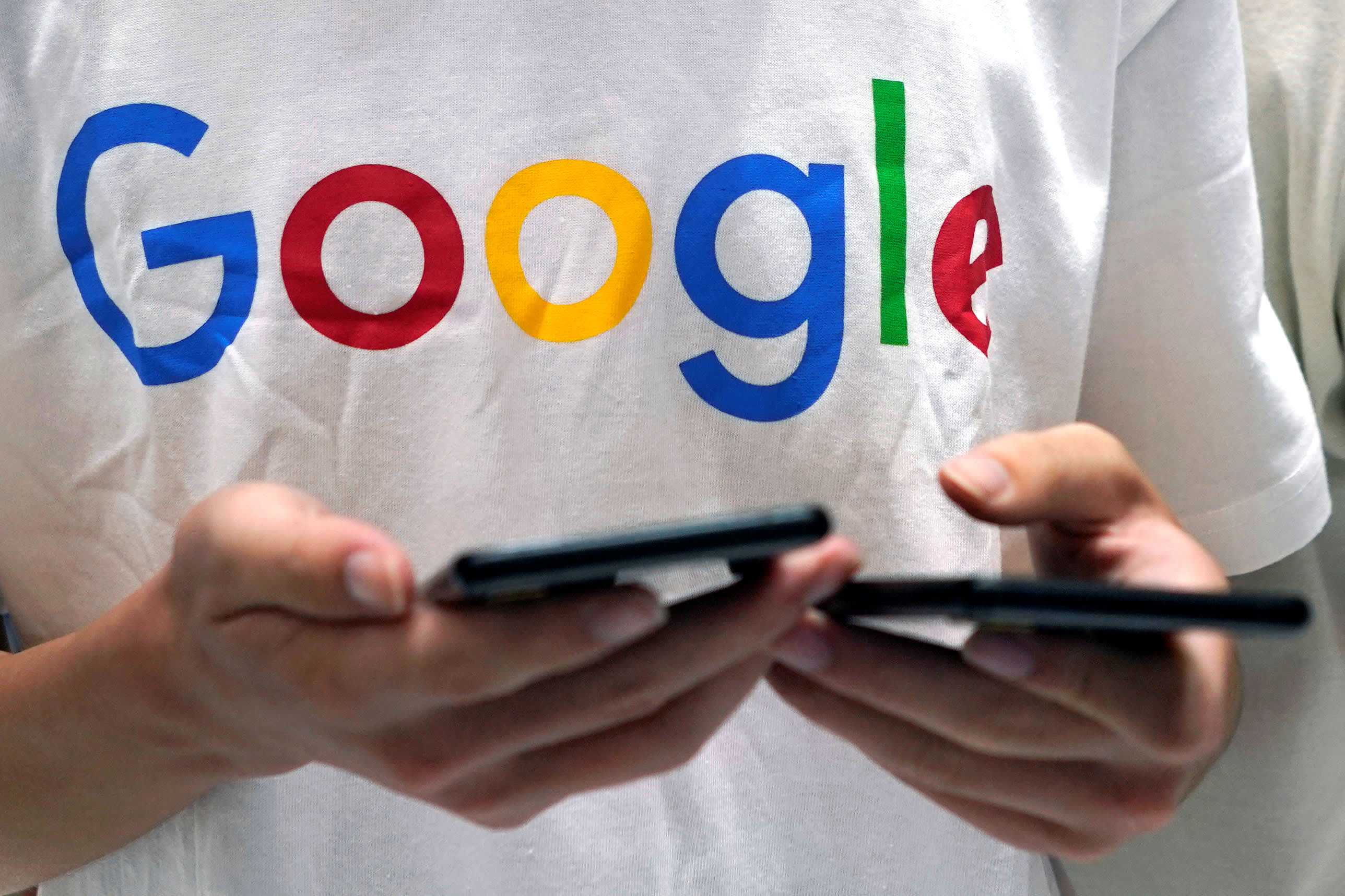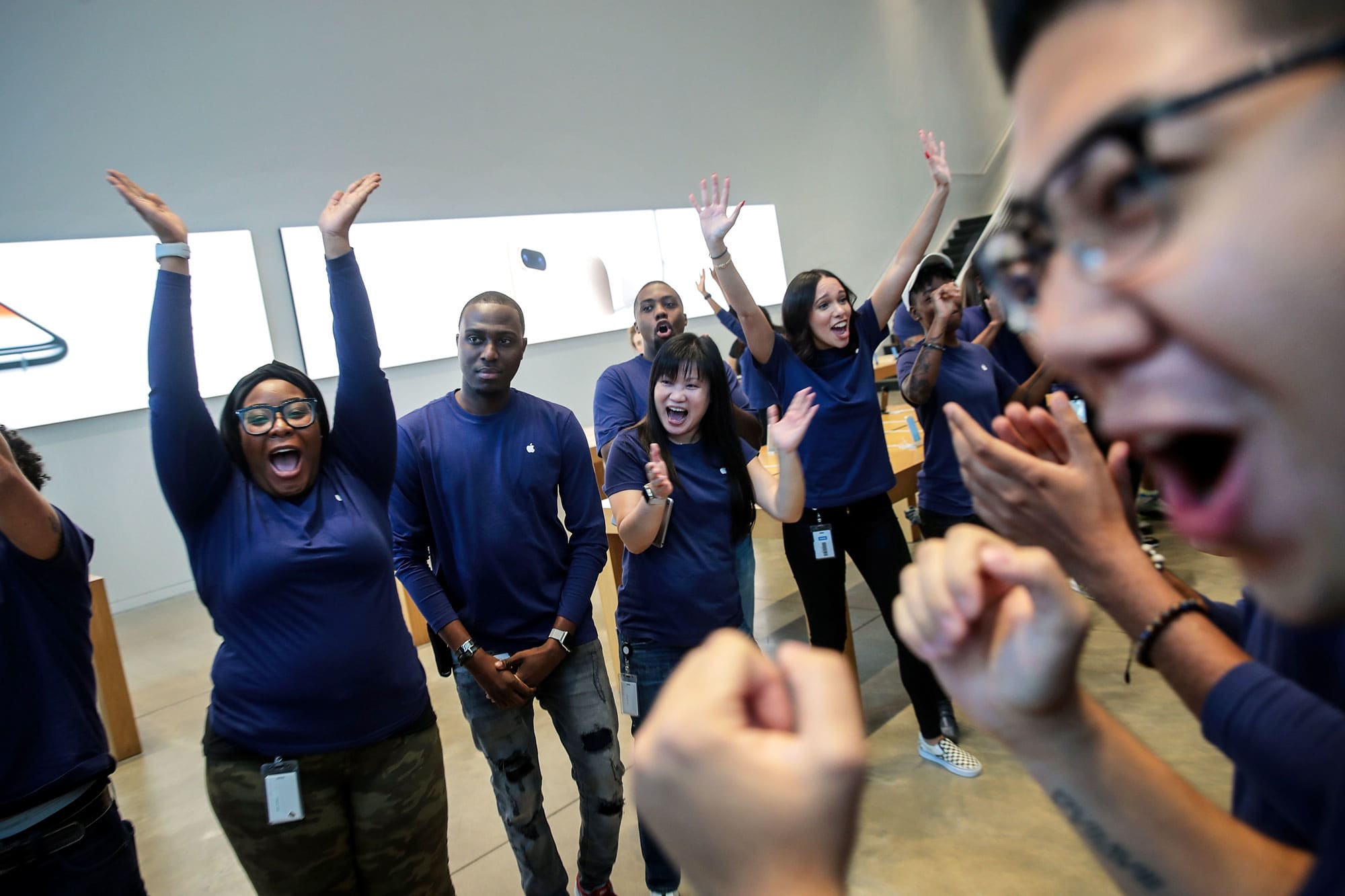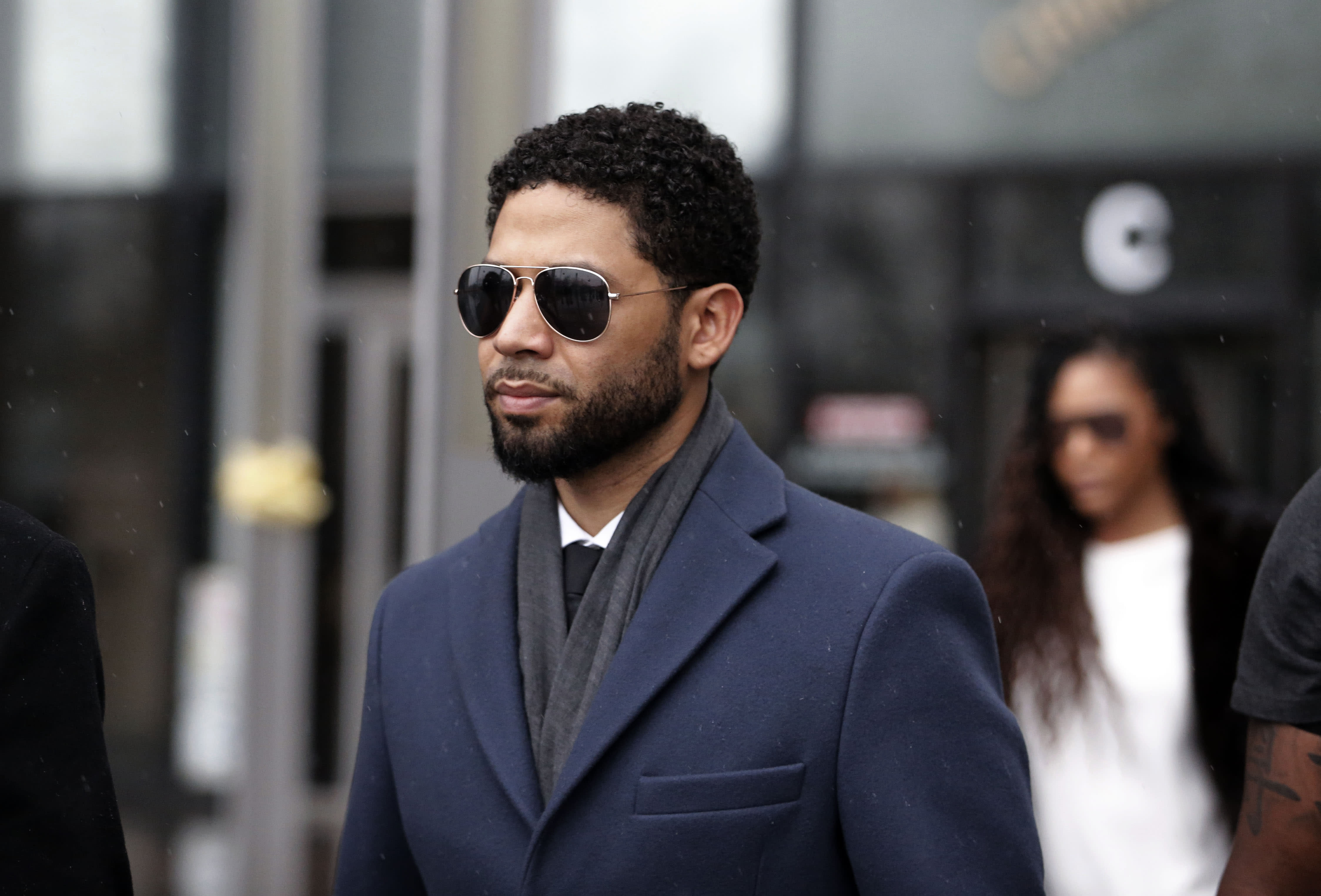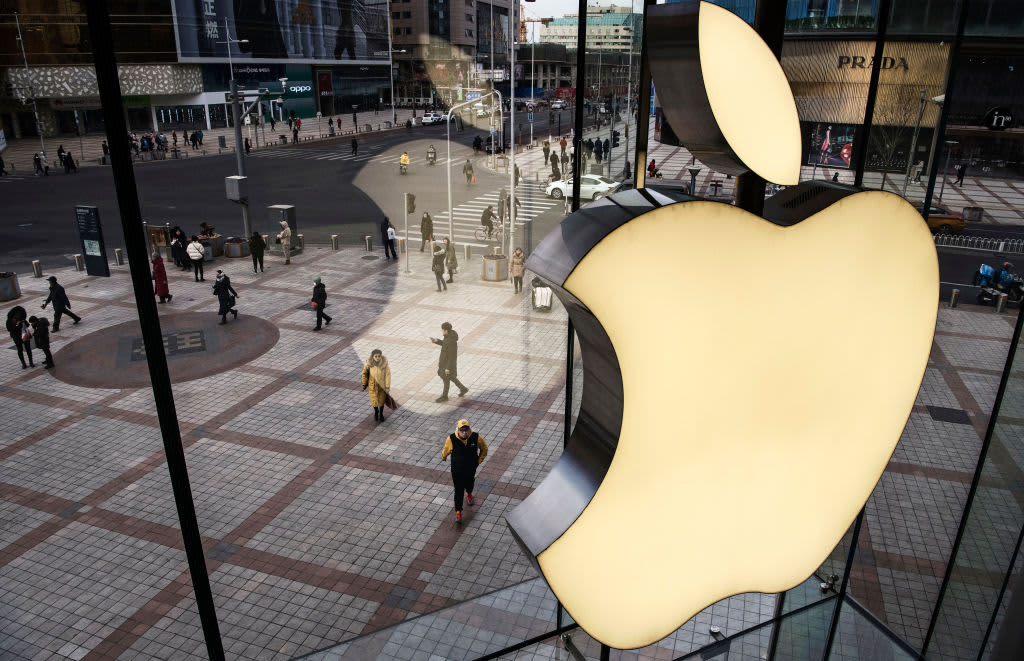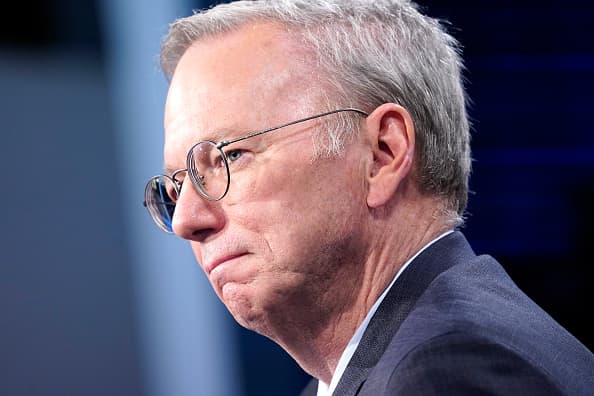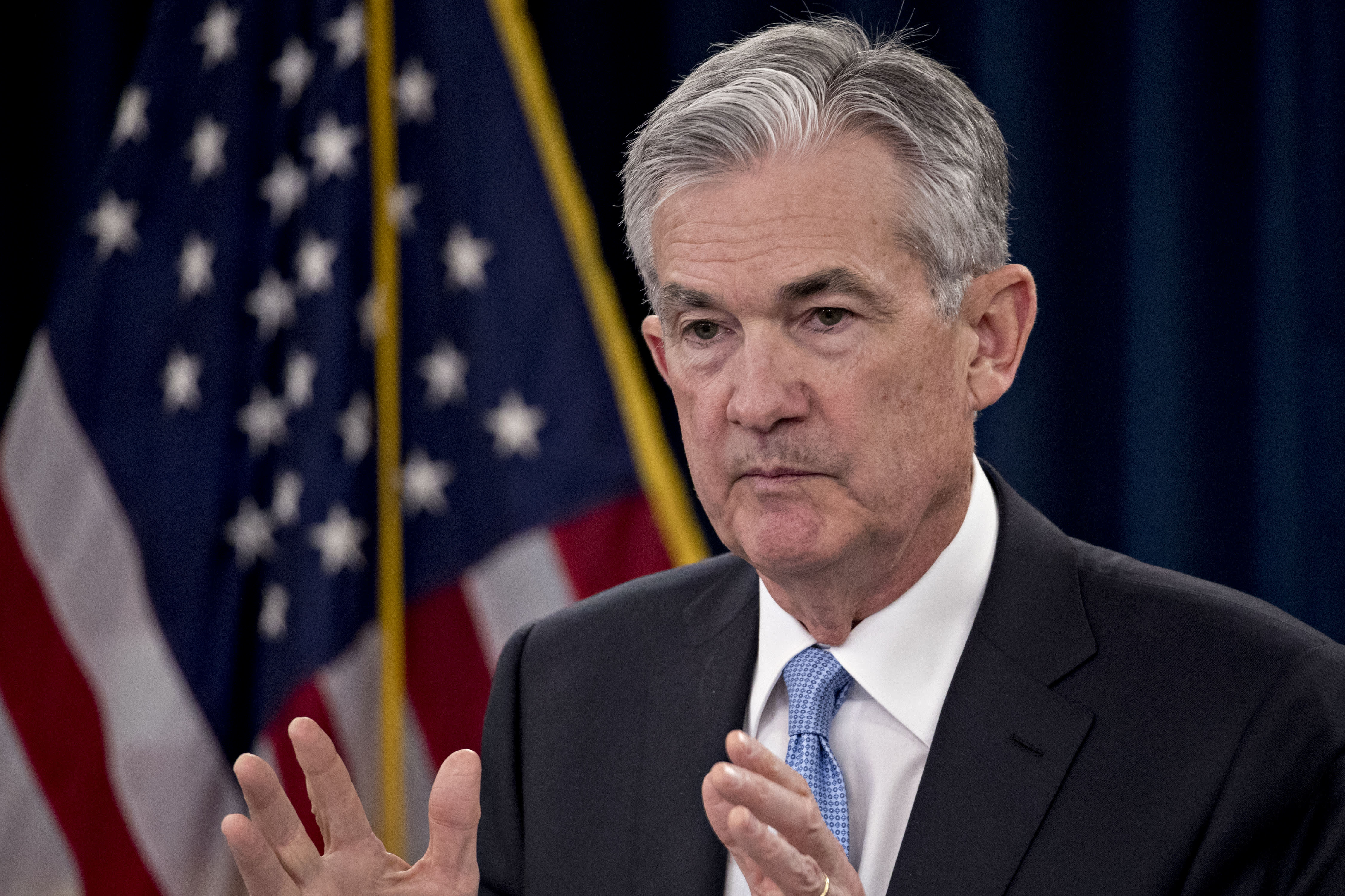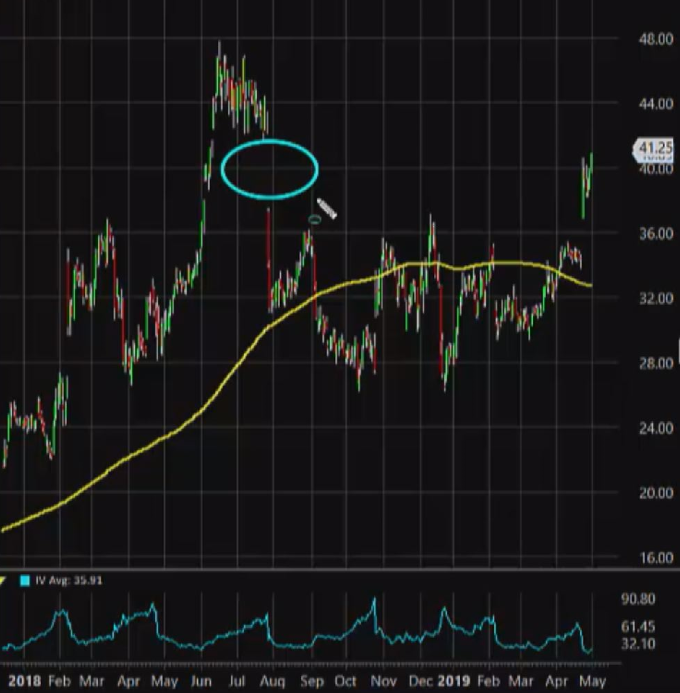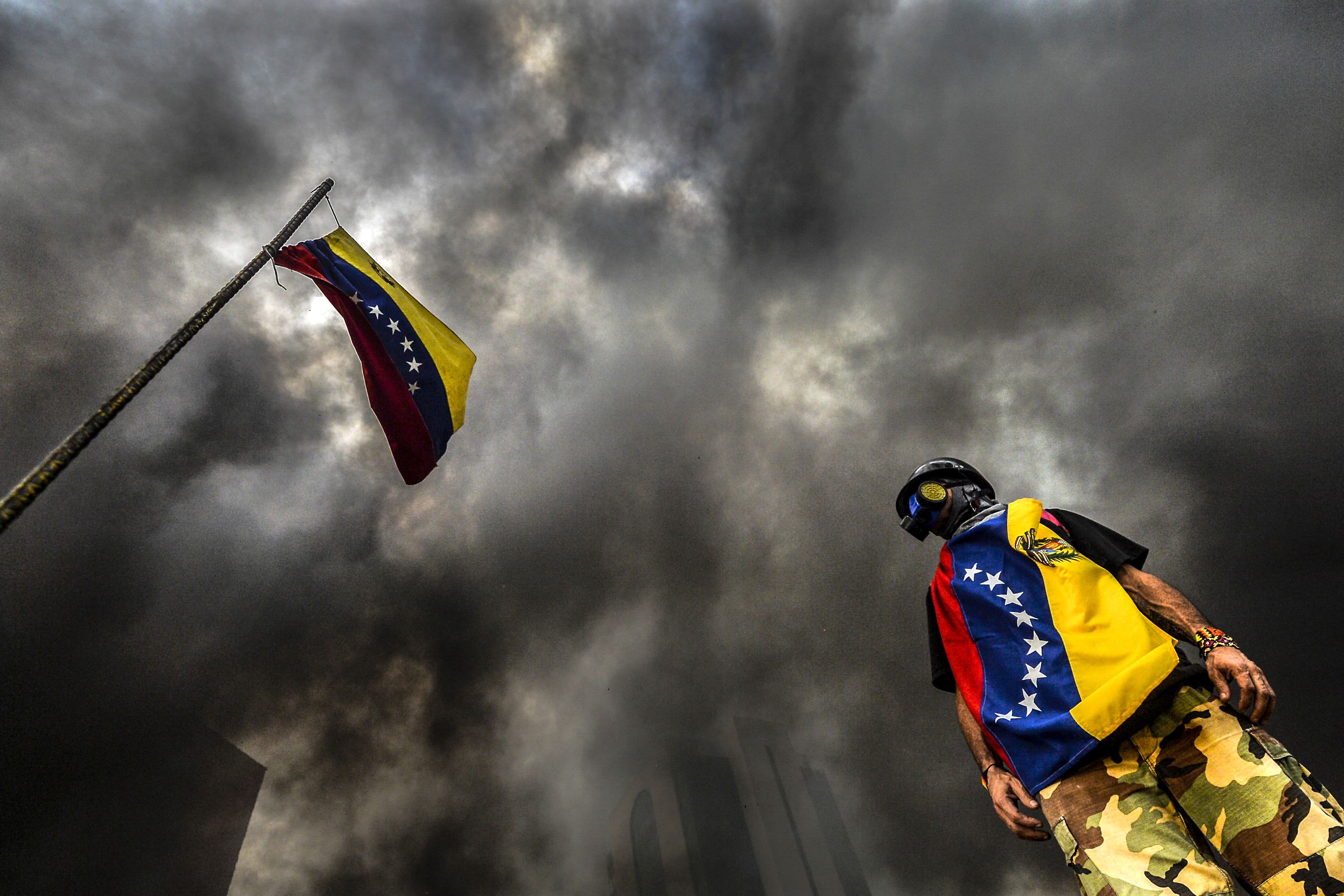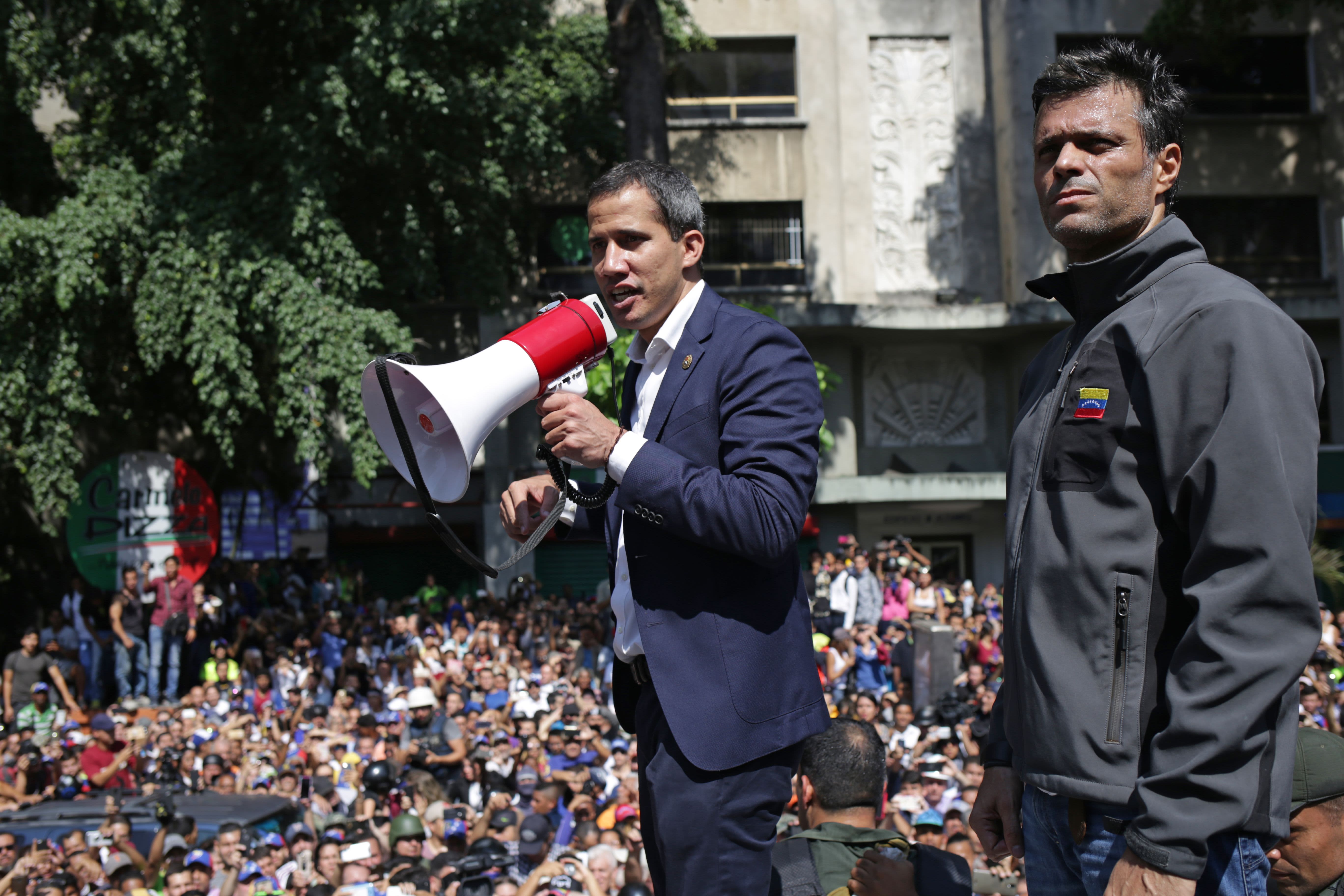
Venezuelan opposition leader and self-proclaimed acting president Juan Guaido (C) speaks to supporters next to high-profile opposition politician Leopoldo Lopez, who had been put under home arrest by Venezuelan President Nicolas Maduro's regime, and members of the Bolivarian National Guard who joined his campaign to oust Maduro, in Caracas on April 30, 2019.
Cristian Hernandez | AFP | Getty Images
Venezuelans were expected to take to the streets on Wednesday for what opposition leader Juan Guaido pledged would be the "largest march" in the country's history, a day after he called for the military to oust President Nicolas Maduro.
In his boldest effort yet to gain the support of the armed forces, Guaido appeared early Tuesday morning outside a Caracas air force base with dozens of National Guard members. That triggered a day of violent protests, leaving more than 100 injured but without any concrete signs of defection from the armed forces leadership.
"We know that Maduro does not have the backing or the respect of the armed forces," Guaido said in a video message posted to his social media accounts on Tuesday evening. "We have seen that protest yields results. We should keep up the pressure."
Whether the protest turnout meets those lofty hopes will provide a key test for Guaido, as some supporters grow frustrated that Maduro remains in office more than three months after Guaido — who leads the opposition-controlled National Assembly — invoked the constitution to assume an interim presidency, arguing Maduro's May 2018 re-election was illegitimate.
While Guaido earned the backing of the United States and most Western countries, the armed forces have stood by Maduro, who retains the support of allies like Russia, China and Cuba. That has frustrated Guaido's bid to assume the day-to-day functions of government on an interim basis - which he says would be a prelude to calling new elections.
Venezuelan living standards have declined even further in the first several months of the year, with a series of blackouts and water shortages adding to hyperinflation and chronic shortages of food and medicine that have prompted millions to emigrate.
"I hope this will be the last time we have to take to the streets," said Claudia Riveros, a 36-year-old bakery worker carrying a Venezuelan flag during Tuesday's protest. "I want to see the end of this usurping government."
Maduro, a socialist who calls Guaido a U.S. puppet seeking to orchestrate a coup against him, has also called on supporters to march on Wednesday.
"Tomorrow, the first of May, we will have a large, millions-strong march of the working class," Maduro said in a Tuesday night television address. "We have been confronting different types of aggression and attempted coups never before seen in our history."
Guaido's choice of International Workers' Day for a major march comes as he is making appeals to union leaders and public workers, a traditional base of support for Maduro and his predecessor and mentor, the late President Hugo Chavez.
"If he does get some degree of participation from labor movements, then that can be an additional feather in his cap," said Risa Grais-Targow, the Latin America director at Eurasia Group in Washington, adding that the march would be "a significant barometer of his support and capacity to mobilize."
